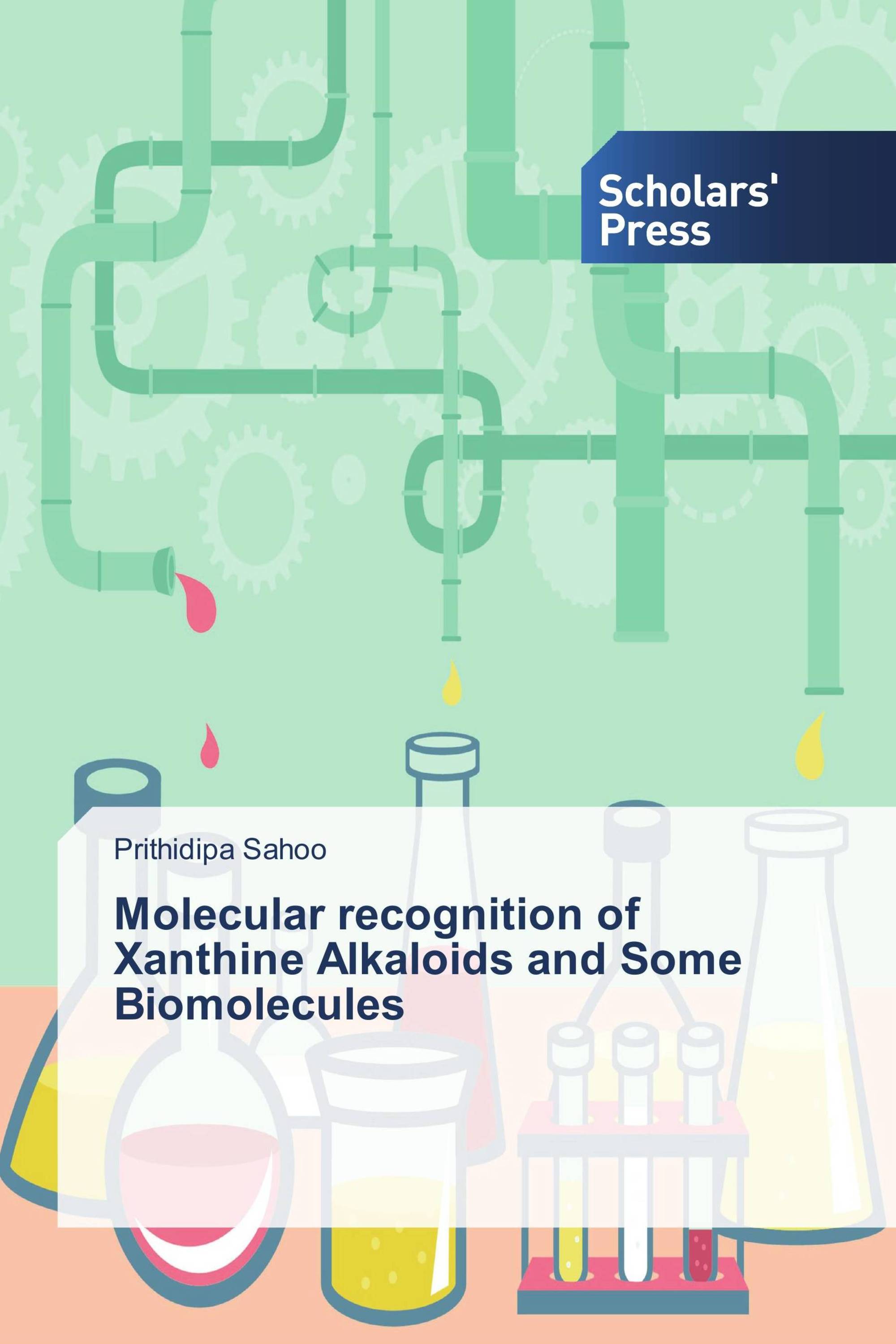Supramolecular chemistry is regarded in its simplest sense as involving some kind of (noncovalent) binding or complexation event; we must immediately define what is doing the binding. In this context we generally consider a molecule (a ‘host’) binding another molecule (a ‘guest’) to produce a ‘host-guest’ complex or supramolecule. Commonly the host is a large molecule or aggregate such as an enzyme or synthetic cyclic compound possessing a sizeable, central hole or cavity. The guest may be a monoatomic cation, a simple inorganic anion, or a neutral molecule. More formally, the host is defined as the molecular entity possessing convergent binding sites. The guest possesses divergent binding sites. The book contains the design, synthesis, binding studies of the synthetic receptors and neutral guest substrates. The bioactive guests molecules are xanthine alkaloids ,aminopyrimidine, urea, 1,3-dimethyl urea. The association of the host-guest and the formation of the complexes were studied by UV-vis, 1H-NMR and fluorescence methods. In some cases, host-guest solid state interaction and the supramolecular H-bonding assemblies of the complexes were studied by the single crystal studies.
Book Details: |
|
|
ISBN-13: |
978-3-639-66353-2 |
|
ISBN-10: |
3639663535 |
|
EAN: |
9783639663532 |
|
Book language: |
English |
|
By (author) : |
Prithidipa Sahoo |
|
Number of pages: |
172 |
|
Published on: |
2014-08-20 |
|
Category: |
Organic chemistry |
